Dive into our Great Lakes Lessons & Resources
Explore curated Great Lakes resources from Sea Grant and other partners.
These resources are available to educators at no-cost with funding and support from the Great Lakes Restoration Initiative (GLRI), Great Lakes Sea Grant Network (GLSGN), and National Oceanic and Atmospheric Administration (NOAA).
User Tips
- Check back often as our Resource Library continues to grow!
- Resource tags include Asset Type, Topic, Grade Level, and Subject Matter.
- With More Filters, resources are also tagged by Great Lakes Literacy Literacy Principles, Great Lake connection, and partner organization.
- Use the search bar if you are looking for a particular keyword or standard.
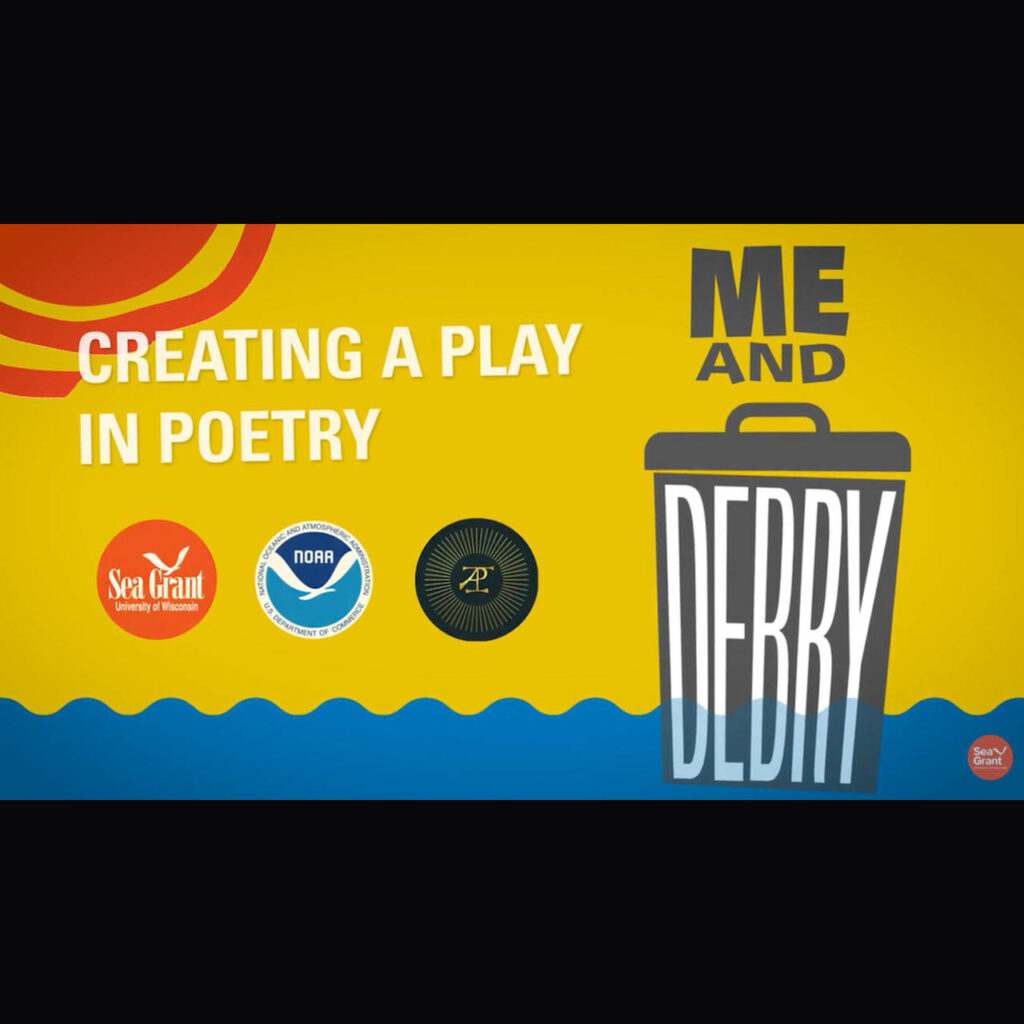
Article: Marine Debris Script Available for Free
What is marine debris, what are its impacts, and what can we do about it? These…
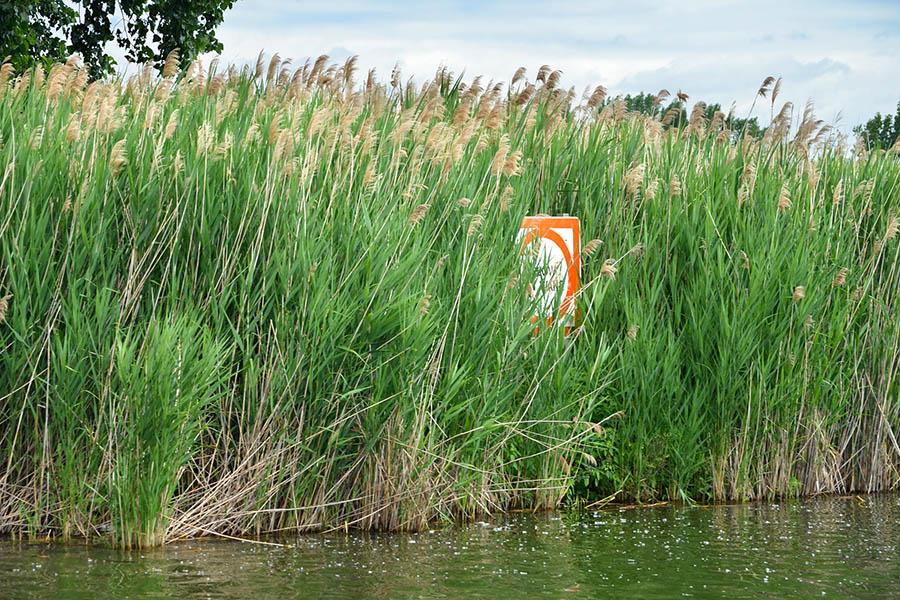
Community Science: Wisconsin First Detector Network
The Wisconsin First Detector Network (WIFDN) is a community science program that empowers people to take…
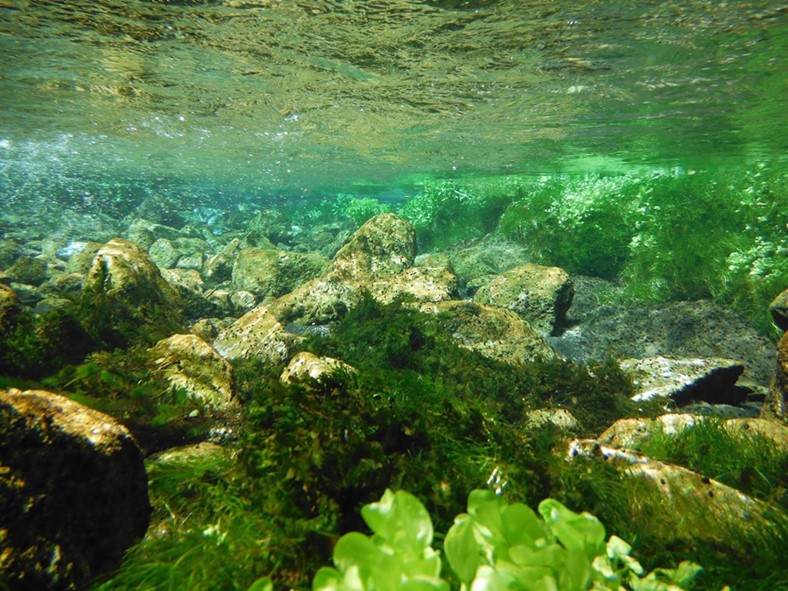
Story Map: Bimaadiziwin Nibi – Water is Life
This story map explores water resource conservation through indigenous perspectives and highlights conservation efforts by individuals…
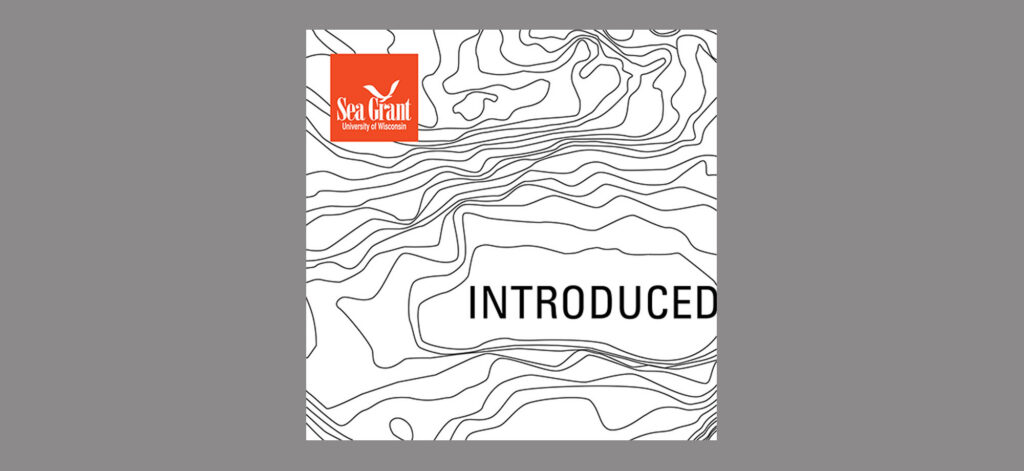
Podcast: Introduced – Where Great Lakes stories meet invasive species science
Introduced is an award-winning podcast featuring stories about the Great Lakes, introduced species and the people…
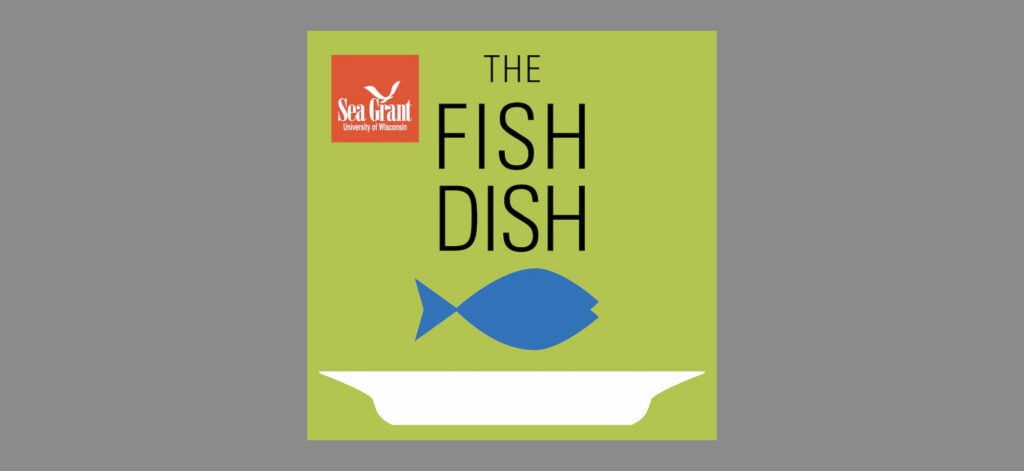
Podcast: The Fish Dish
listen to The Fish Dish for the latest “dish” about Great Lakes fish. The podcast, co-hosted…
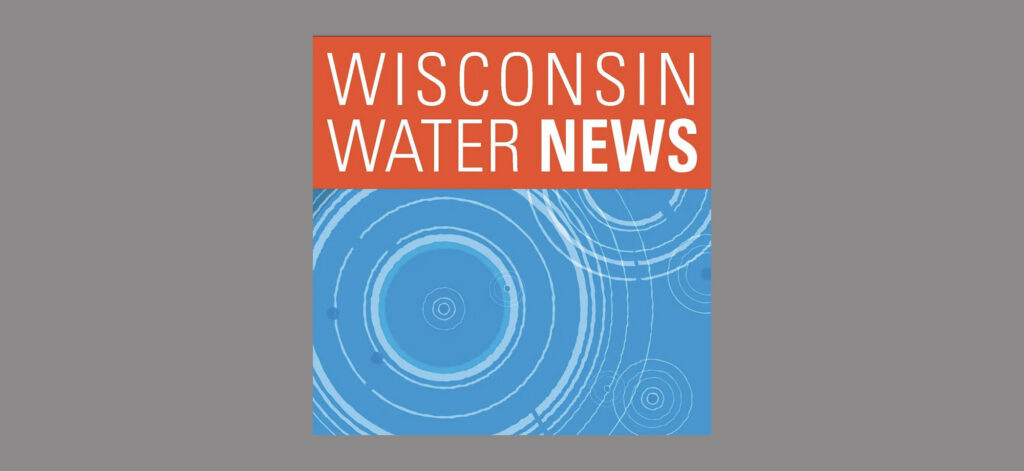
Podcast: Wisconsin Water News
Wisconsin is a state shaped by water. From its western border defined by the Mississippi River…
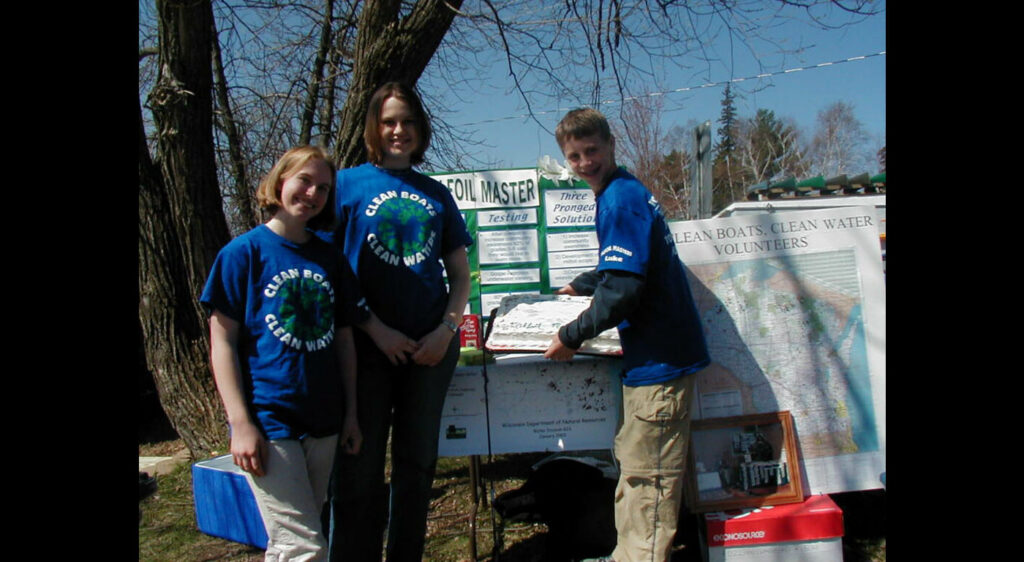
Article: Podcast tells story of seventh graders who launched Clean Boats, Clean Waters
This article highlights how middle school students helped launch the aquatic invasive education campaign – Clean…
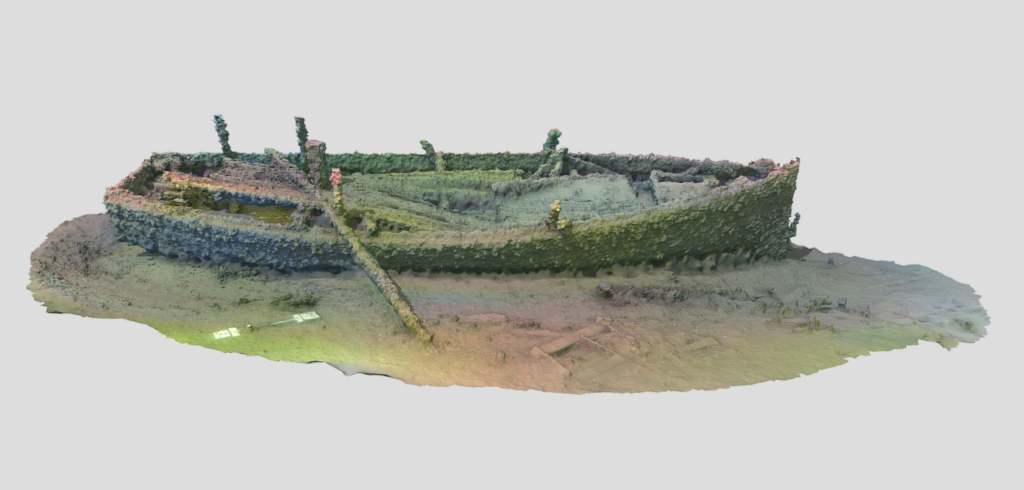
Article: Door County shipwreck listed on National Register of Historic Places
This article highlights maritime heritage in Lake Michigan. The Little Harbor launch wasn’t a muscular ship….
Get your feet wet by joining us for immersive learning deep dives!
CGLL provides diverse professional learning opportunities as well as unique place-based education offerings for youth. These include shipboard science experiences, shoreside events, virtual learning (both live and self-paced), and more.